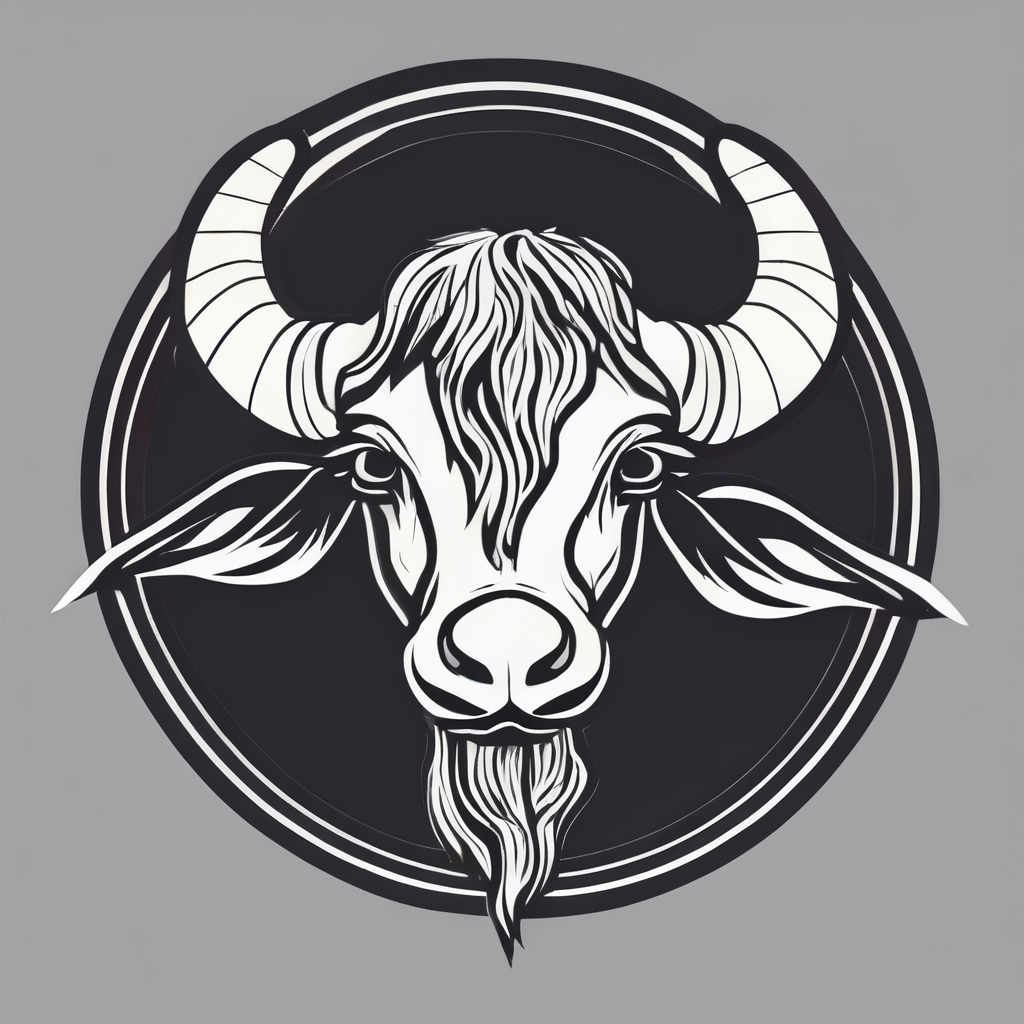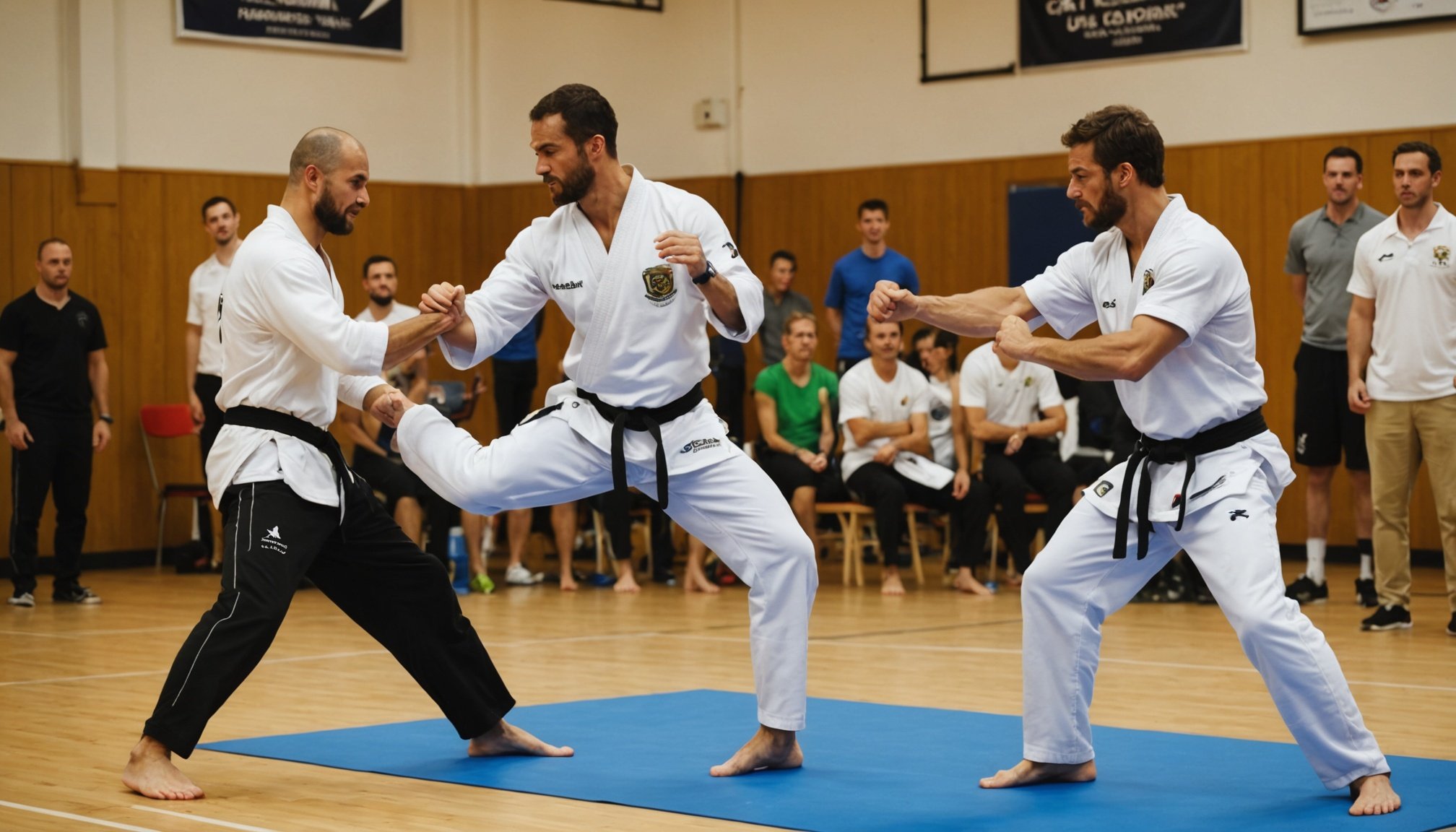Overview of Capoeira in the UK
Capoeira is a vibrant expression of Afro-Brazilian heritage, combining elements of martial arts, dance, and music. Its cultural roots date back to the 16th century in Brazil, formed by enslaved Africans who used it as a form of resistance and cultural preservation. In the UK, Capoeira has experienced considerable growth, becoming a popular practice celebrated for its energy and inclusive community.
The evolution of Capoeira in the UK can be traced back to the late 20th century, when martial arts enthusiasts and cultural ambassadors introduced it. Since then, its presence has flourished with numerous schools and local groups dedicated to teaching this art form in its authentic spirit. The key to its growing appeal is its encouragement of camaraderie, diversity, and shared cultural appreciation.
Also to discover : Accelerate Your Takedown: The Ultimate Plyometric Training Guide for UK Wrestlers
Central to Capoeira’s practice is the importance of cultural preservation and community. It is not simply about mastering techniques; it’s about embracing a lifestyle rich in history. Practitioners often engage in collective activities, such as music and traditional events, which foster unity and understanding. These cultural elements reinforce connections within the community, ensuring Capoeira’s traditions continue to thrive across generations.
Essential Exercises and Techniques
In Capoeira, mastering Capoeira exercises and training techniques is crucial for physical conditioning. These essential elements enhance strength, flexibility, and endurance, which are vital for performers at any skill level. For beginners, focusing on basic movements like the “ginga”—a fundamental rhythmic sway—offers foundational balance and agility. Progressing further, practitioners delve into more intricate techniques, such as the dynamic “martelo” kick and evasive maneuvers like esquivas.
This might interest you : Mastering Grip Power: An Ultimate Weight Training Guide for UK Wrestlers
For optimal development, incorporating strength-building exercises into routines is recommended. Bodyweight drills—like squats and push-ups—support muscular resilience, while stretching can enhance flexibility. Endurance training contributes significantly to maintaining energy through lengthy practice sessions.
Integrating cultural elements is essential in Capoeira. Techniques encompass more than physical execution; they carry music, rhythm, and history. Engaging in traditional musical practices, like playing the berimbau, enriches the learning experience and deepens cultural understanding.
By weaving these elements into training, practitioners not only improve their physical skills but also foster a profound connection with Capoeira’s cultural significance. This holistic approach ensures a comprehensive and enriching journey within the practice.
Training Frequency and Scheduling
Understanding optimal Capoeira training frequency is paramount for skill enhancement and personal growth. For beginners, engaging in sessions two to three times a week is advisable, allowing the body to adapt without overwhelming. Intermediate practitioners may increase this to four or five times weekly, aligning with their expanding capabilities. Advanced levels often require daily focus to refine complex techniques and maintain peak physical conditioning.
Integrating training schedules into daily life ensures commitment and progress. Time management is key: short, focused practice during lunch breaks or weekend sessions can maintain consistency amidst hectic routines. Embracing flexibility allows trainees to adapt sessions based on personal schedules, encouraging a sustainable routine through life’s unpredictable demands.
Consistency breeds discipline, while adaptability embraces life’s unforeseen challenges. These elements are crucial in effective time management balancing both dedication to practice and daily commitments. Moreover, establishing goal-oriented routines tailored to individual needs promotes steady advancement. Finding a harmonious training rhythm helps practitioners cultivate resilience, enhancing their Capoeira journey and deepening their cultural connection. Remember that staying committed, modifying when necessary, and threading consistency into daily patterns ensures a productive Capoeira experience for practitioners of all levels.
Understanding Skill Levels
Recognising different Capoeira skill levels is essential for developing effective, personalised training plans. Practitioners can be broadly categorised into three levels: beginners, intermediates, and advanced.
Beginners focus on grasping basic movements, such as the ginga, not just for mastering the rhythm but also for building essential balance. At this stage, learners should prioritise understanding fundamental techniques, which serve as the foundation for more complex moves.
Intermediate practitioners usually encounter more intricate techniques. This involves incorporating evasive manoeuvres, like esquivas, and offensive strikes such as handspins. Assessing one’s level accurately at this stage is crucial, as it influences the complexity of individual training and progression strategies, ensuring growth without injury.
Lastly, the advanced level demands a higher degree of dedication and precision. It involves refining complex movements and consistently honing skills through challenging exercises. Advanced practitioners often engage in daily training sessions to maintain peak proficiency and expand their expertise further.
Developing an awareness of one’s skill level enables practitioners to set realistic goals and tailor their training regime accordingly. This structured progression fosters continuous improvement and deepens the connection with the cultural essence of Capoeira, enriching the overall experience.
Insights from Experienced Practitioners
Delving into the experiences of seasoned Capoeira practitioners unveils a wealth of knowledge and invaluable expert tips. These insights not only illuminate the path for newcomers but also enrich the practice for those more advanced.
Seasoned practitioners often highlight the significance of embracing the community’s ethos, emphasising the importance of camaraderie and shared learning. Many recommend immersing oneself in local Capoeira events, as these offer real-world experience that transcends the studio environment. Engaging with such activities allows practitioners to observe and integrate diverse styles and techniques, enhancing their own practice.
Personal anecdotes frequently underscore challenges like achieving the delicate balance between physical demands and the art’s expressive elements. Overcoming these hurdles often involves maintaining openness to continual learning and adaptation. Veterans suggest setting achievable milestones and celebrating incremental progress as a means to sustain motivation.
For guidance, many turn to resources within the Capoeira community, such as workshops and local classes. These avenues offer a collaborative space to hone one’s skills and receive constructive feedback. Thus, the shared journey within the Capoeira community becomes as enriching as mastering the physical movements themselves.
Common Challenges and Solutions
Practising Capoeira within the UK presents unique training challenges. One frequent issue is the geographical and cultural barriers faced by enthusiasts. Many find it difficult to access quality instruction due to limited local schools or classes. To overcome this, technology can bridge the gap. Online tutorials and virtual classes offer flexible learning options, allowing enthusiasts to learn from skilled practitioners regardless of location.
Balancing Capoeira’s cultural elements with modern life is another challenge. The art’s rich roots in Brazilian history and tradition can seem remote or unfamiliar. Engaging with the Capoeira community is crucial for cultural immersion. Participating in local events and workshops fosters a deeper understanding of its heritage and strengthens bonds with fellow practitioners. Such involvement enriches practice beyond physical movements, making it a holistic experience.
Community support plays a vital role in navigating these challenges. Local classes act as gathering points for aficionados, fostering an environment where shared experiences and diverse cultural backgrounds enhance learning. Collaborative learning and sharing personal insights help individuals overcome barriers and build connections within the Capoeira scene. Thus, the UK Capoeira community functions as a network that supports individual and collective progression.
Incorporating Cultural Elements
In the practice of Capoeira, the integration of cultural elements is fundamental. This Afro-Brazilian art form is deeply rooted in its historical context, and understanding its cultural origins enriches practitioners’ experiences. Immersing oneself in Capoeira’s culture involves more than physical movements; it encompasses music, language, and community traditions, all of which play a crucial role in training.
One way to incorporate these elements is by engaging with Capoeira music. Learning to play traditional instruments, such as the berimbau and atabaque, can greatly enhance the rhythmic understanding of movements. In addition, partaking in games and songs strengthens the connection between the physical and cultural aspects of the art.
Capoeira’s cultural ties are further deepened by exploring its history and philosophical elements. Attending workshops and events provides insight into its ethnological roots, offering opportunities to learn from seasoned practitioners and educators. These gatherings celebrate Capoeira’s rich traditions and foster a sense of community.
Lastly, local Capoeira events serve as cultural hubs where enthusiasts can explore diverse styles and techniques, thereby deepening their appreciation and connection with the art form. This holistic approach ensures a well-rounded engagement with Capoeira’s cultural essence.






